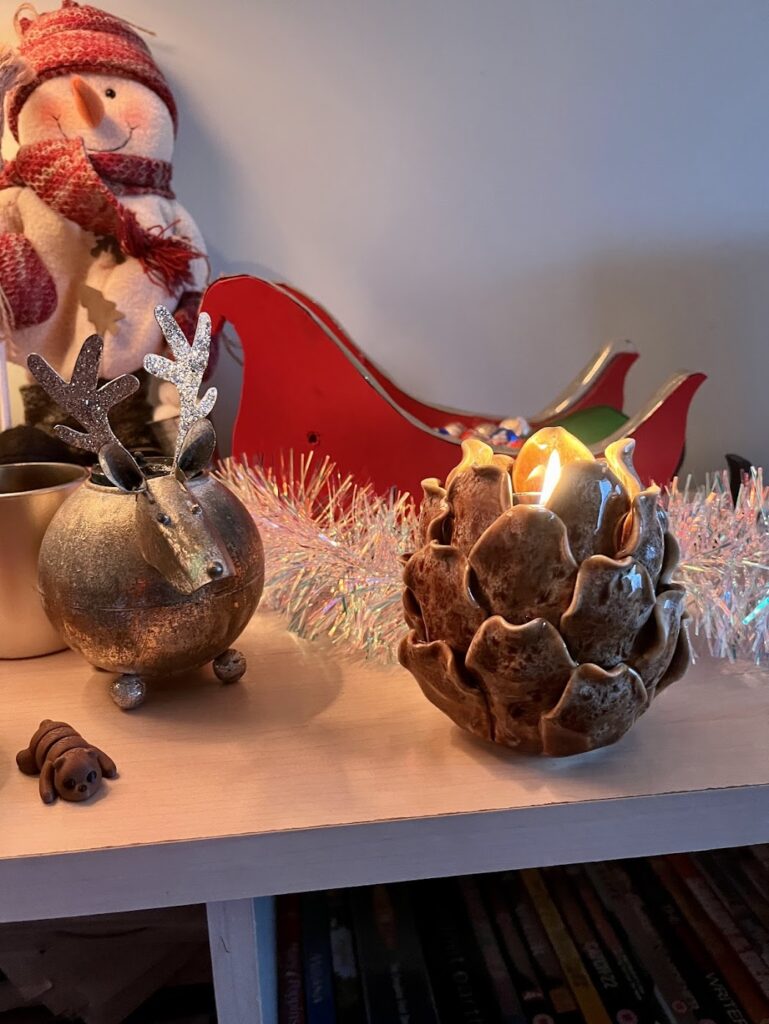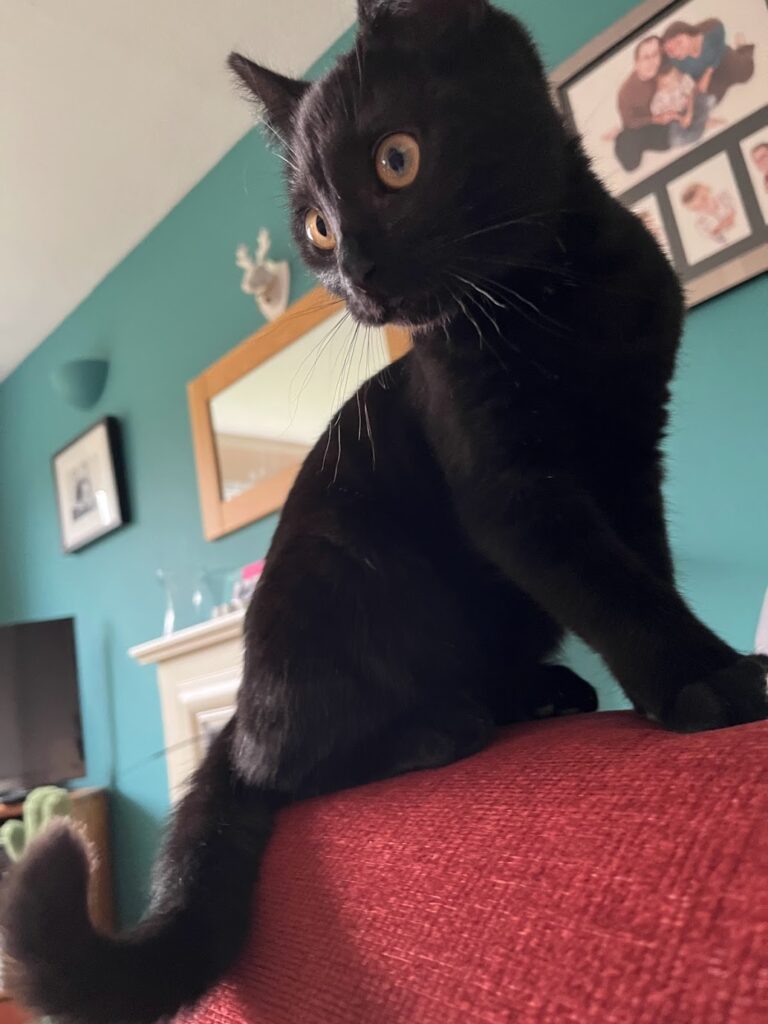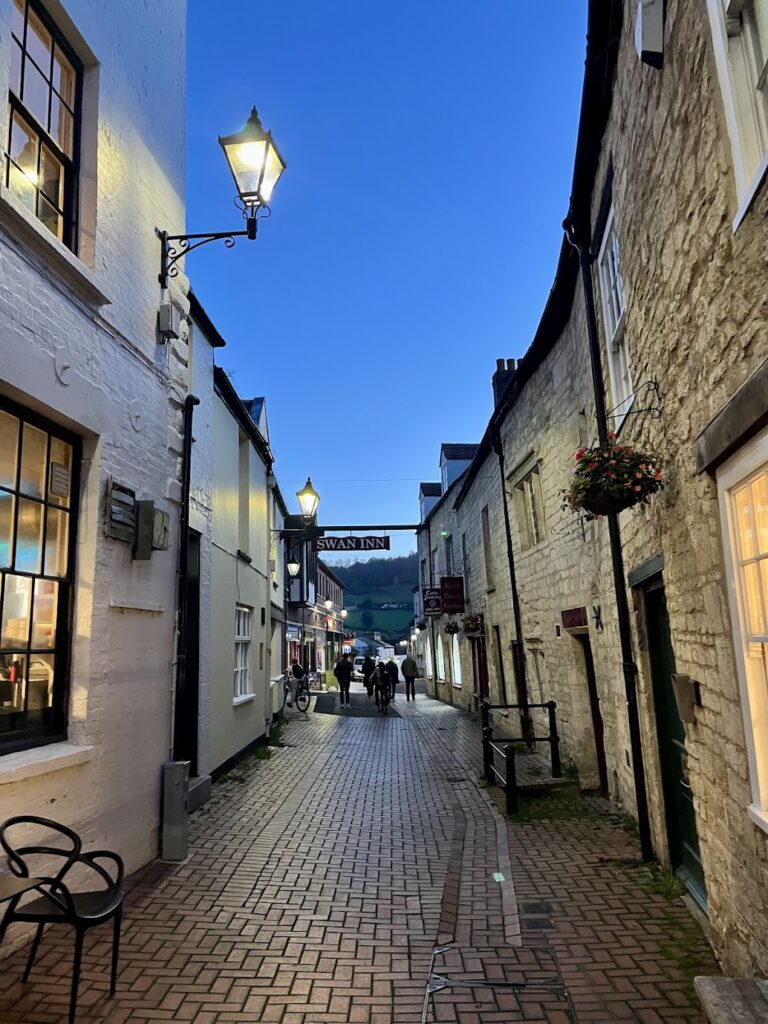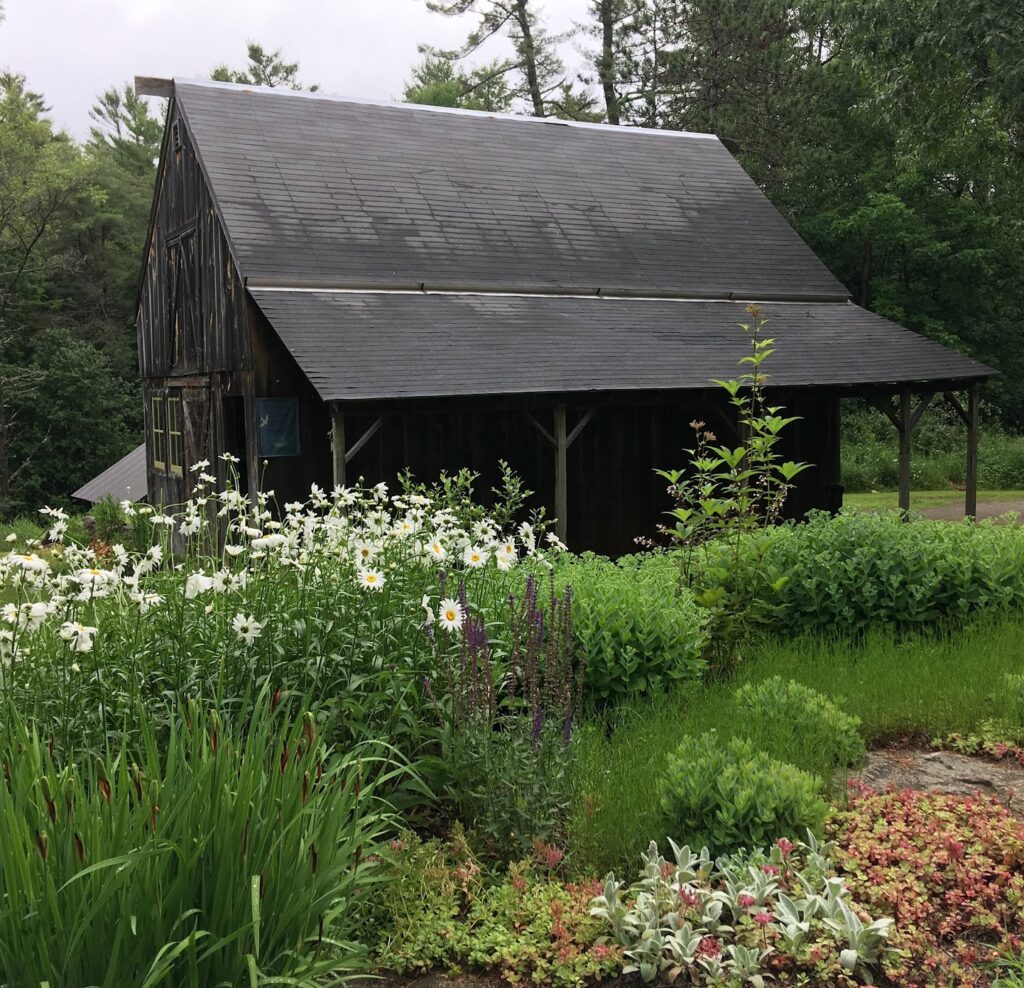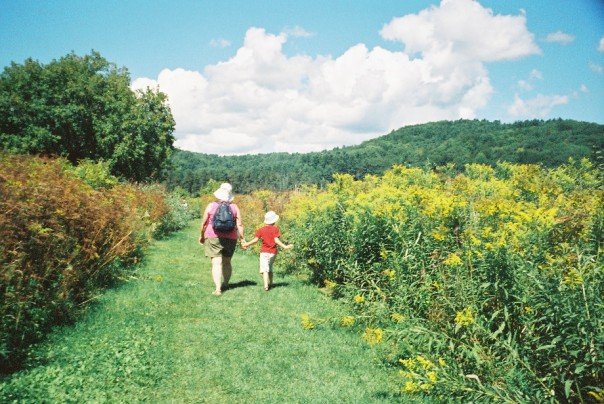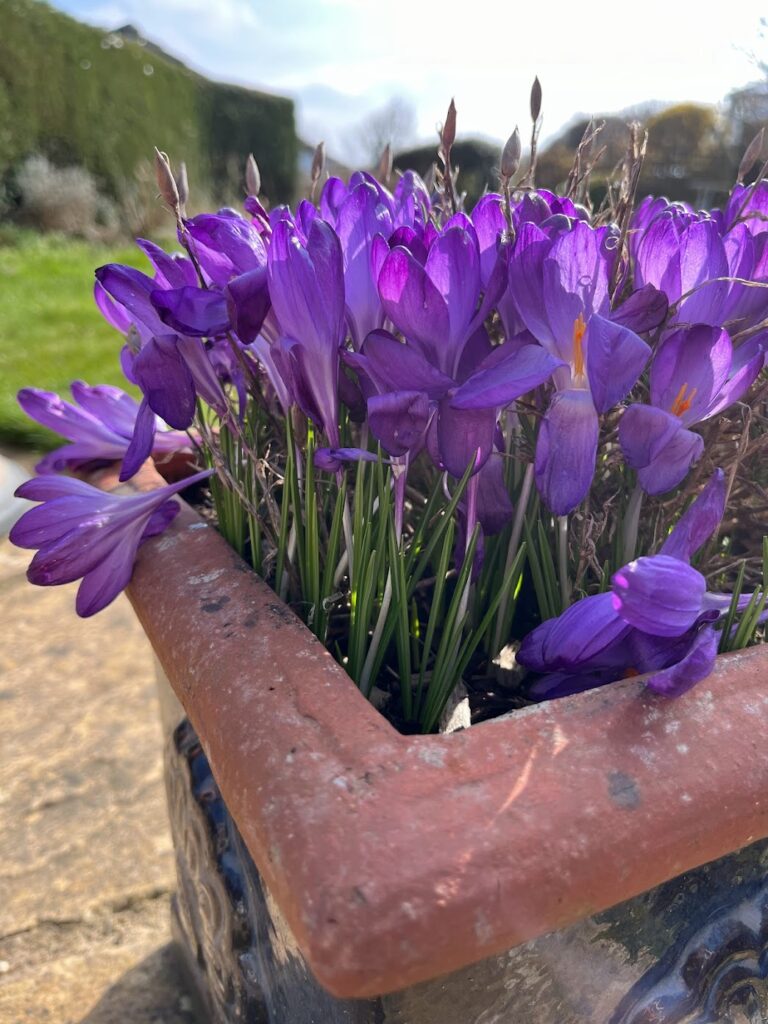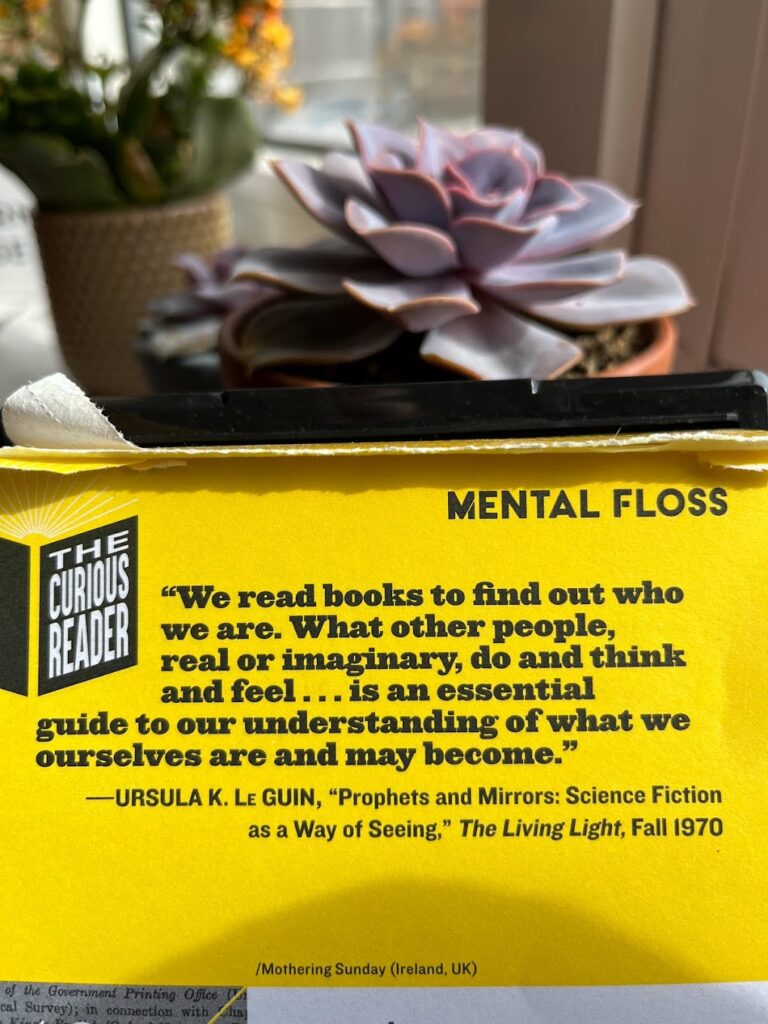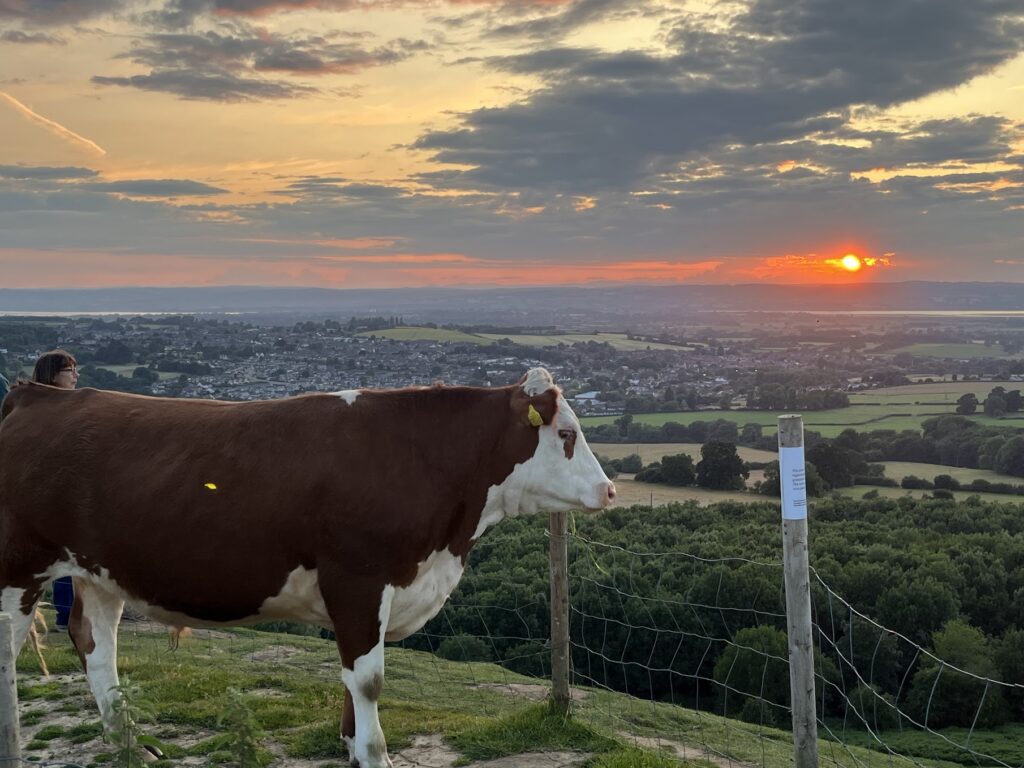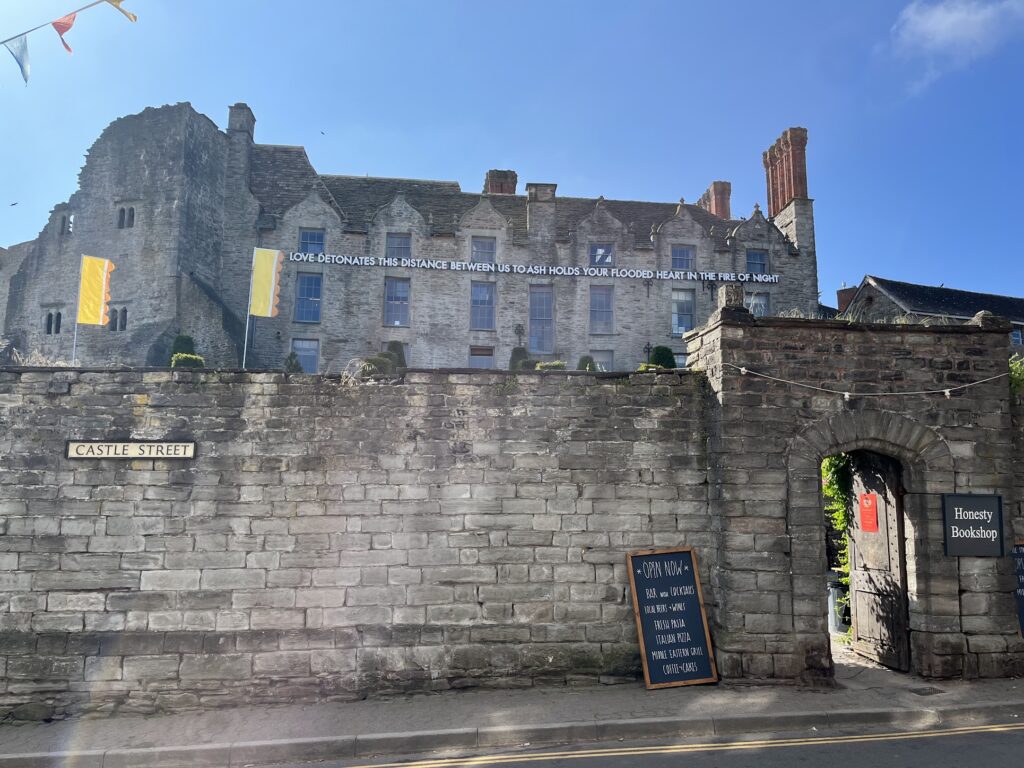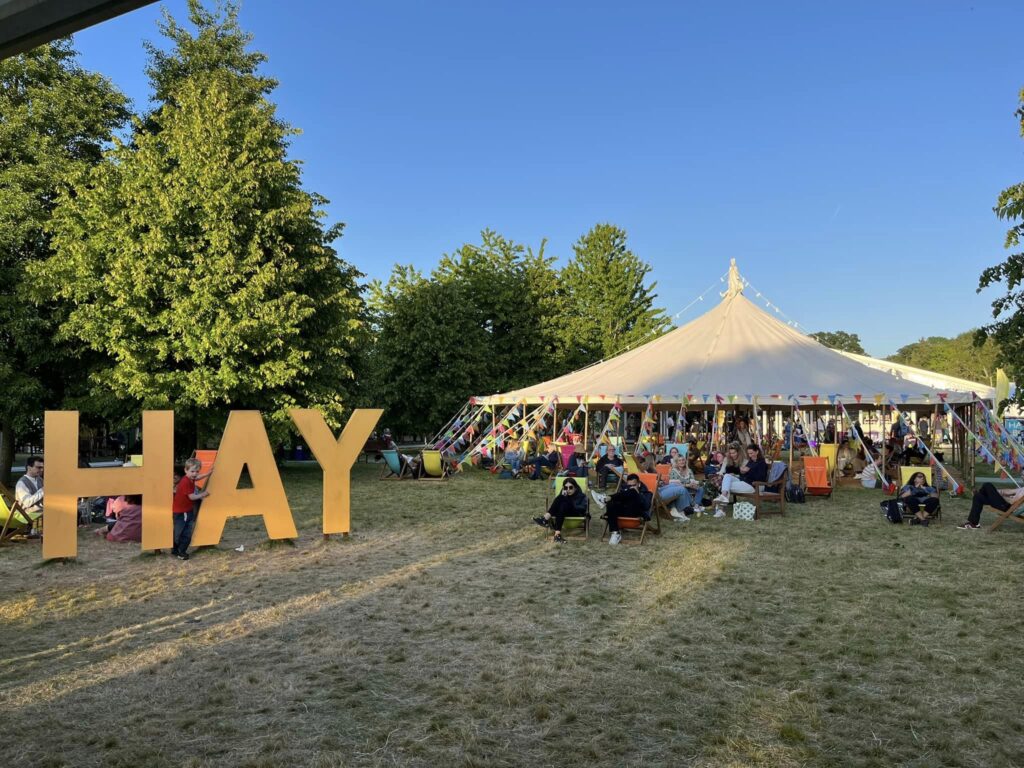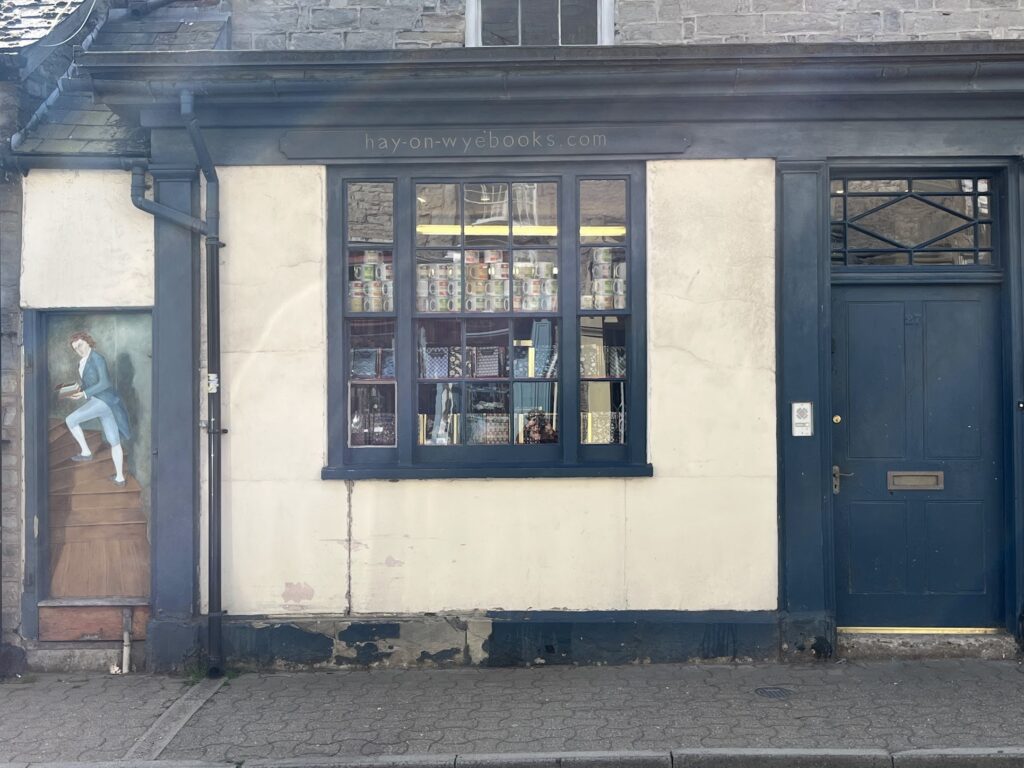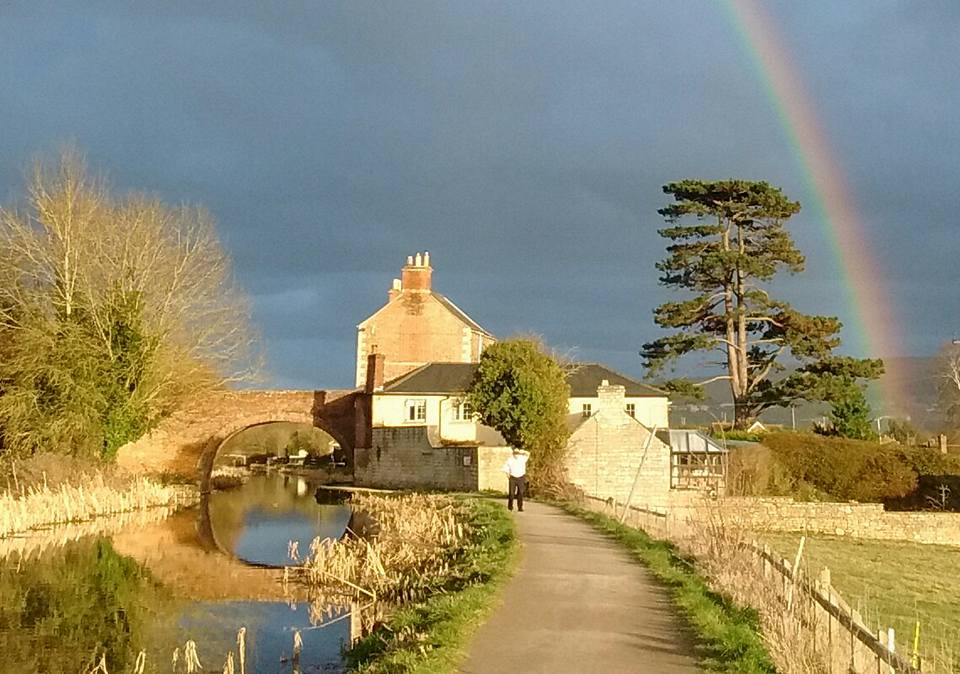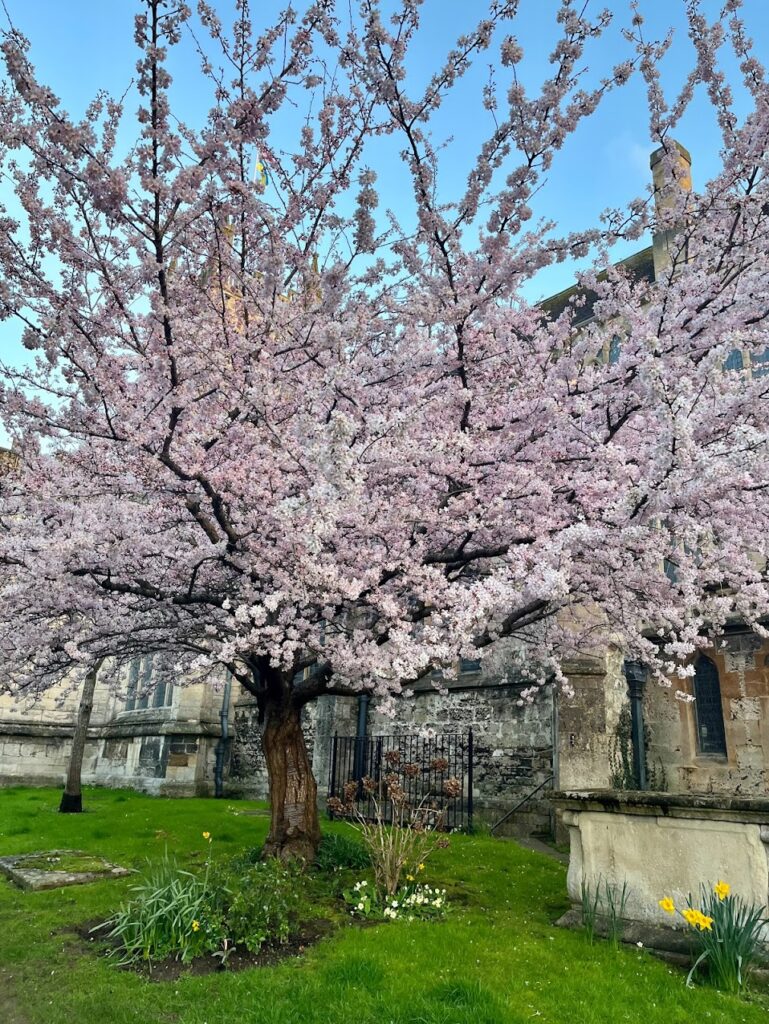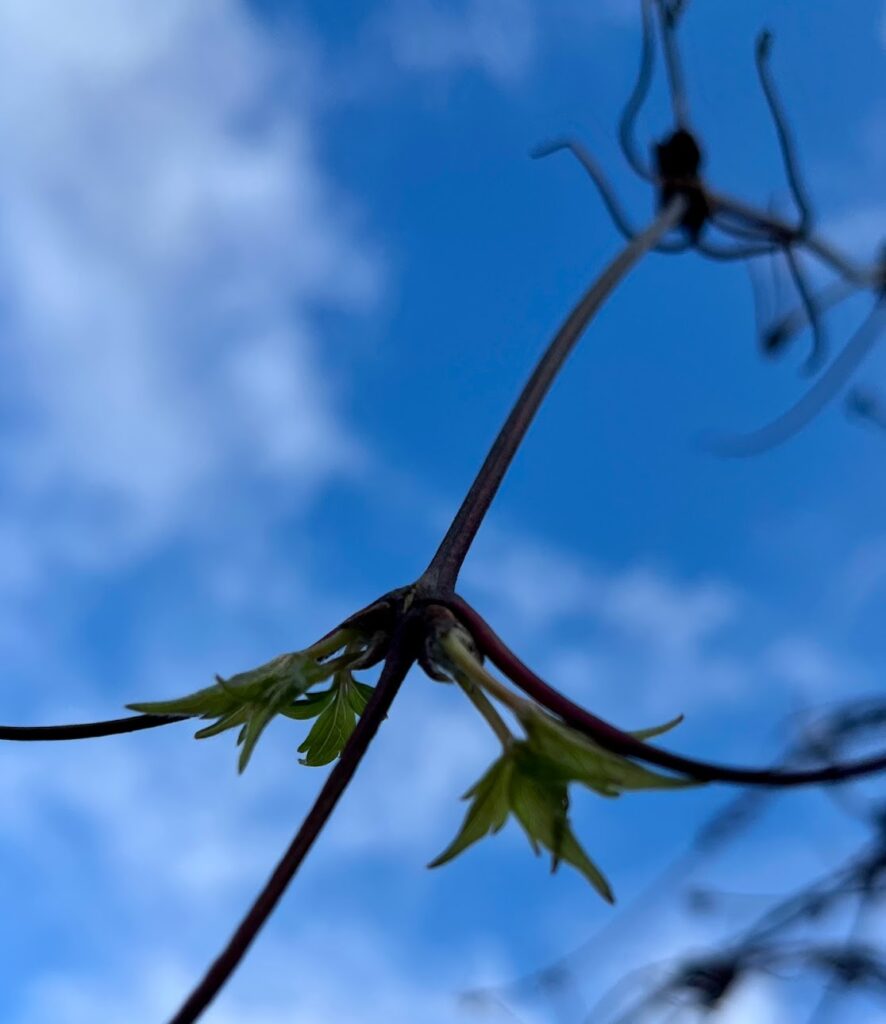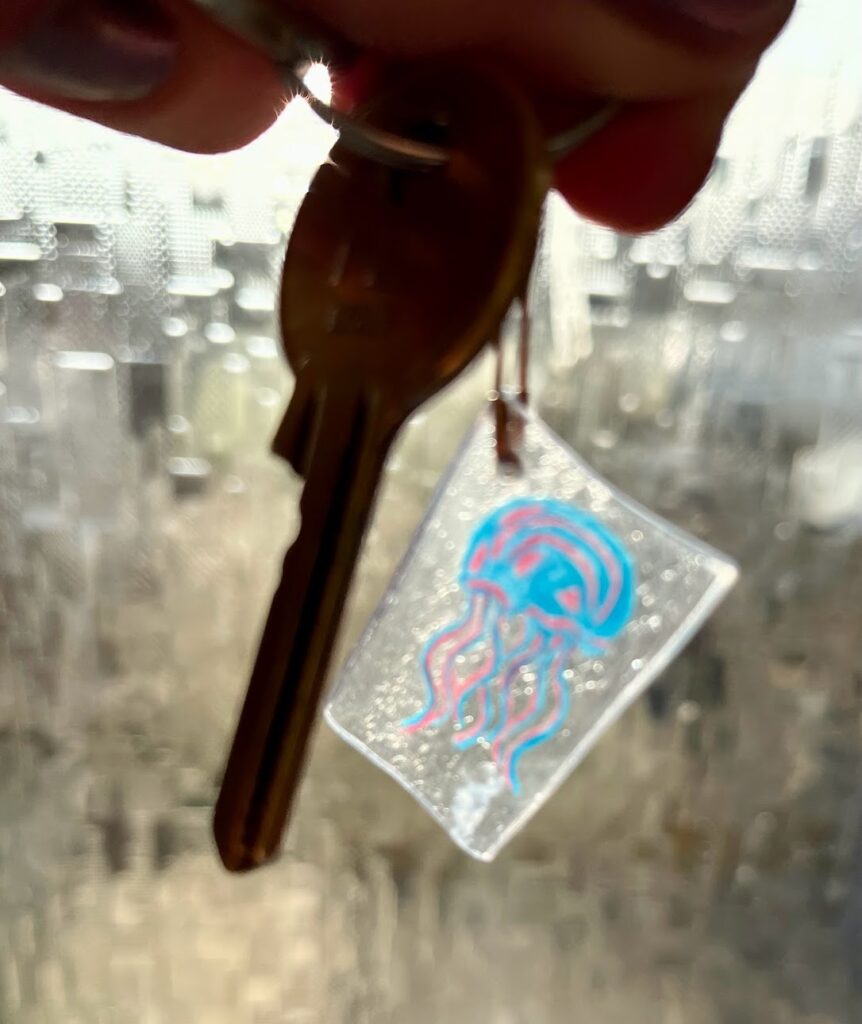With minimal ado, here are my favourite books out of all I read this year. These are truly the 10 best of my best, because there were a few more which I rated with the full 5 stars.
What were your favourite reads this year? Have you read any of these books yet? I know I’m a bit late to the party on some, and I’d love to hear what you thought if you read some of these before.
The Women by Kristin Hannah
An epic tale of an Army nurse in the Vietnam War. She also has to cope with re-entering civilian life, particularly challenging with her upper-class family. They serve as a contrast to the strong, unconditional friendships she formed with other Army nurses. Truly an eye-opening read.
“Time and friendship had done exactly as promised: pain and grief had grown soft and malleable in her hands, almost pliable.”
The Lives of the Dead by Fiona McKay
I joined a book group specifically reading novellas-in-flash. It’s been exciting to explore, and I found this one particularly powerful. Each very short chapter is a mini-story, alternating between episodes in a new wife/ mum’s suffocating life, and stunningly retold fairy tales.
“It’s the kindness that does her in, that releases her long-held tears, that leaves her to walk back, red-eyed, along the line of women when she’s done; kindness, the essential vitamin missing from her supplements, the one she didn’t know she was lacking.”
Anxious People by Fredrik Backman
I love ensemble pieces, where a quirky range of characters are thrown together. In this case, it’s at an apartment viewing which then goes wrong due to a desperate, bungled burglary. It’s funny and warm, the sort of thing to help survive a Scandinavian-level winter.
“Our hearts are bars of soap that we keep losing hold of; the moment we relax, they drift off and fall in love and get broken.”
Love lay down beside me and we wept by Helen Murray Taylor
I know Helen from the Women Writers Network, so I have been looking forward to her mental health memoir for years. She focuses on when she was sectioned in Glasgow following a breakdown. Helen reveals the contradictions we might hold in our minds at our lowest point and still she invites you in with humour.
“Trying to describe love was like trying to stroke Schrodinger’s cat.”
The Given Day by Dennis Lehane
I love Lehane’s books, especially his snappy dialogue. This novel is set in Boston just after WWI and deals with racism, poverty, immigration, labour rights, and even the tragedy of the Boston Molasses flood. It made me appreciate that the USA has come through incredibly tense times before, and we may yet make it.
“Time and again what was renounced as treasonous was merely a man standing before a crowd and demanding he be treated as a man.”
Orbital by Samantha Harvey
Short and searingly beautiful, this Booker Prize winner is a wondrous read. It takes us through one day in the lives of six astronauts on the International Space Station, describing the many juxtapositions of what they see below on their various orbiting paths, and lyrically weaves in the astronauts’ backgrounds and aspirations.
“He has an idea that if you could get far enough away from the earth you’d be able to understand it—to see it with your own eyes as an object, a small blue dot, a cosmic and mysterious thing. Not to understand its mystery, but to understand it is mysterious. To see it as a mathematical swarm. To see the solidity fall away from it.”
All the Light We Cannot See by Anthony Doerr
A great book about totalitarianism and war, with breathtaking depth of character. Both protagonists were so incredibly rich in background and passion for their interests, Marie-Laure with her Verne books and her understanding of how to get around without her sight, Werner and his machines and radios.
“She feels the great granite fist, sunk deep into the earth’s crust, on which Saint-Malo sits, and the ocean teething at it from all four sides…She hears the bones of dead whales stir the leagues below, their marrow offering a century of food for cities of creatures who will live their whole lives and never once see a photon sent from the sun.”
Home Bird by Fran Hill
If you’ve read Fran’s Substack–and you really should–you’ll know she excels at writing humour. But I love her detail selection even more. Her plots advance quickly through the specifics her narrator includes, bringing out the nuances of relationships and recreating the period of her novels.
“She knocked on my door, saying, ‘There’s Bakewell tart going spare,’ but I said, ‘It’s not the only one,’ and she left me alone.”
Still Life by Sarah Winman
A true feast of a book, celebrating art and travel and food but most of all friendship, the abiding kind that’s more like true love. After World War II, an unlikely band of Londoners, united only by happening to drink at the same pub, move to Florence and discover worlds both old and new.
“‘We’re embarking on a world of new language and new systems. A world of stares and misunderstandings and humiliations and we’ll feel every single one of them, boy. But we mustn’t let our inability to know what’s what diminish us. Because it’ll try. We have to remain curious and open.’”
Tomorrow and Tomorrow and Tomorrow by Gabrielle Zevin
This book is about the creative process, relationships, grief, negotiating differences in ethnicity and sexuality… oh, and videogames. I loved it so much. The section about the NPC (non-playable character) is the most gorgeous and heartbreaking that I have ever read.
“Memory, you realised long ago, is a game that a healthy-brained person can play all the time, and the game of memory is won or lost on one criterion: Do you leave the formation of memories to happenstance, or do you decide to remember?”
